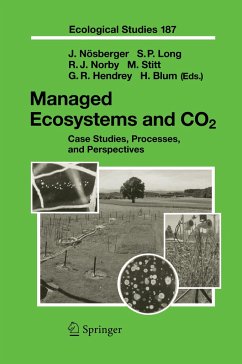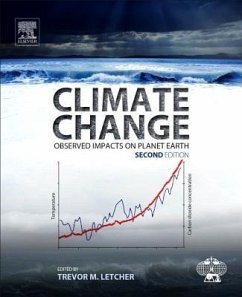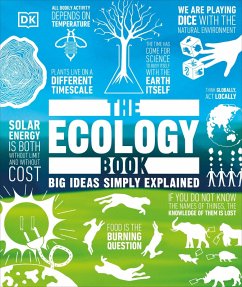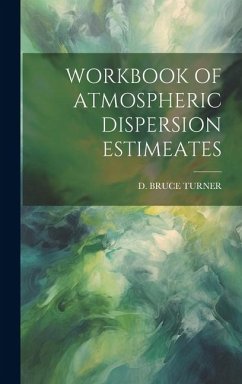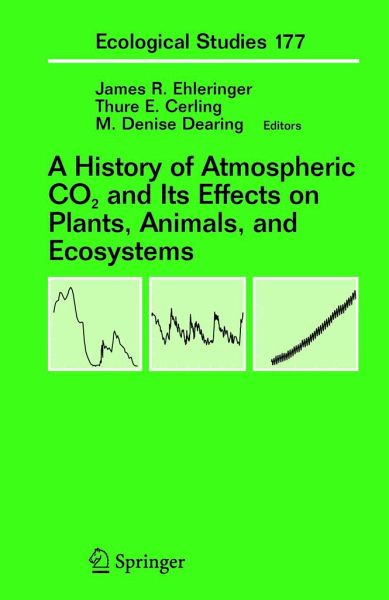
A History of Atmospheric CO2 and Its Effects on Plants, Animals, and Ecosystems

PAYBACK Punkte
103 °P sammeln!
Extensive research in geology, atmospheric science, and paleontology provides a detailed history of CO2 in the atmosphere and an understanding of factors that have influenced changes in the past. This knowledge is used to illuminate the role of atmospheric CO2 in the modern carbon cycle and in the evolution of plants and animals. With an understanding of the history and dynamics of the biosphere, the authors address the future role of atmospheric CO2 and its likely effects on ecosystems. This book incorporates the advances of various earth science, environmental, and ecological fields into an ...
Extensive research in geology, atmospheric science, and paleontology provides a detailed history of CO2 in the atmosphere and an understanding of factors that have influenced changes in the past. This knowledge is used to illuminate the role of atmospheric CO2 in the modern carbon cycle and in the evolution of plants and animals. With an understanding of the history and dynamics of the biosphere, the authors address the future role of atmospheric CO2 and its likely effects on ecosystems. This book incorporates the advances of various earth science, environmental, and ecological fields into an overall account of global change and the changing dynamics of life on Earth.




